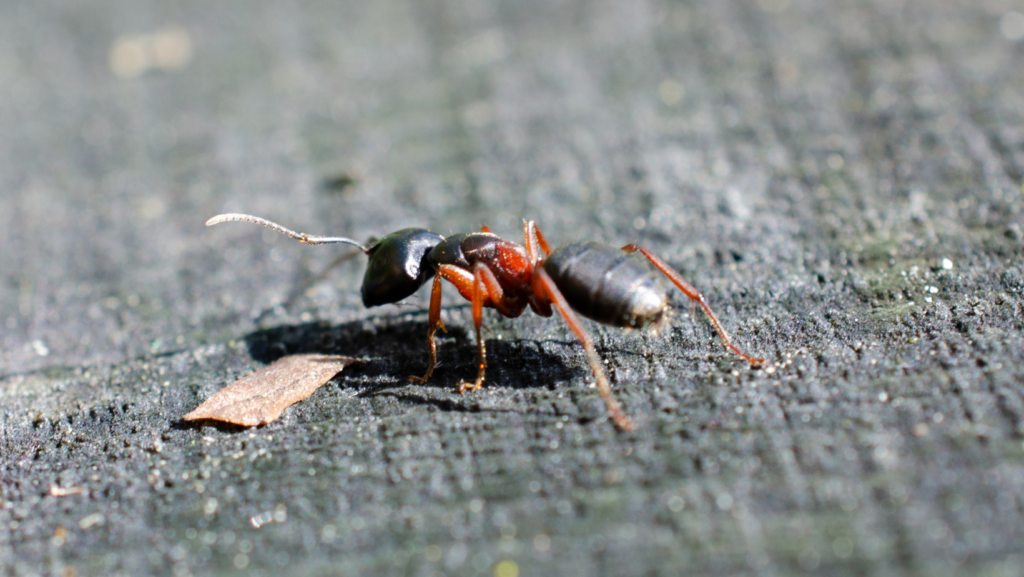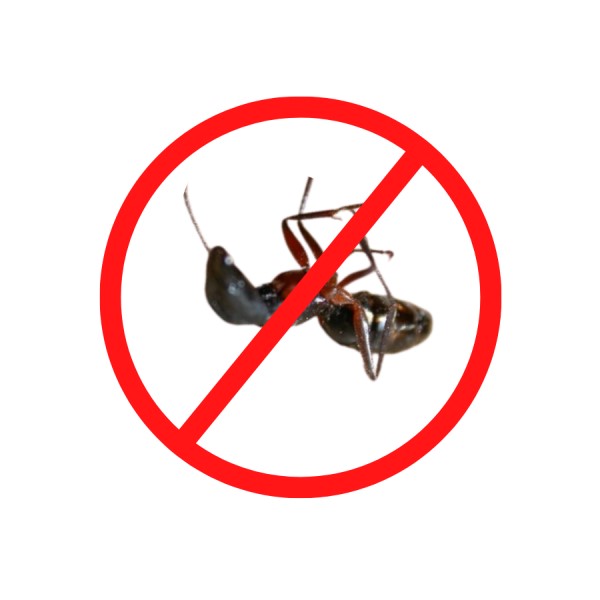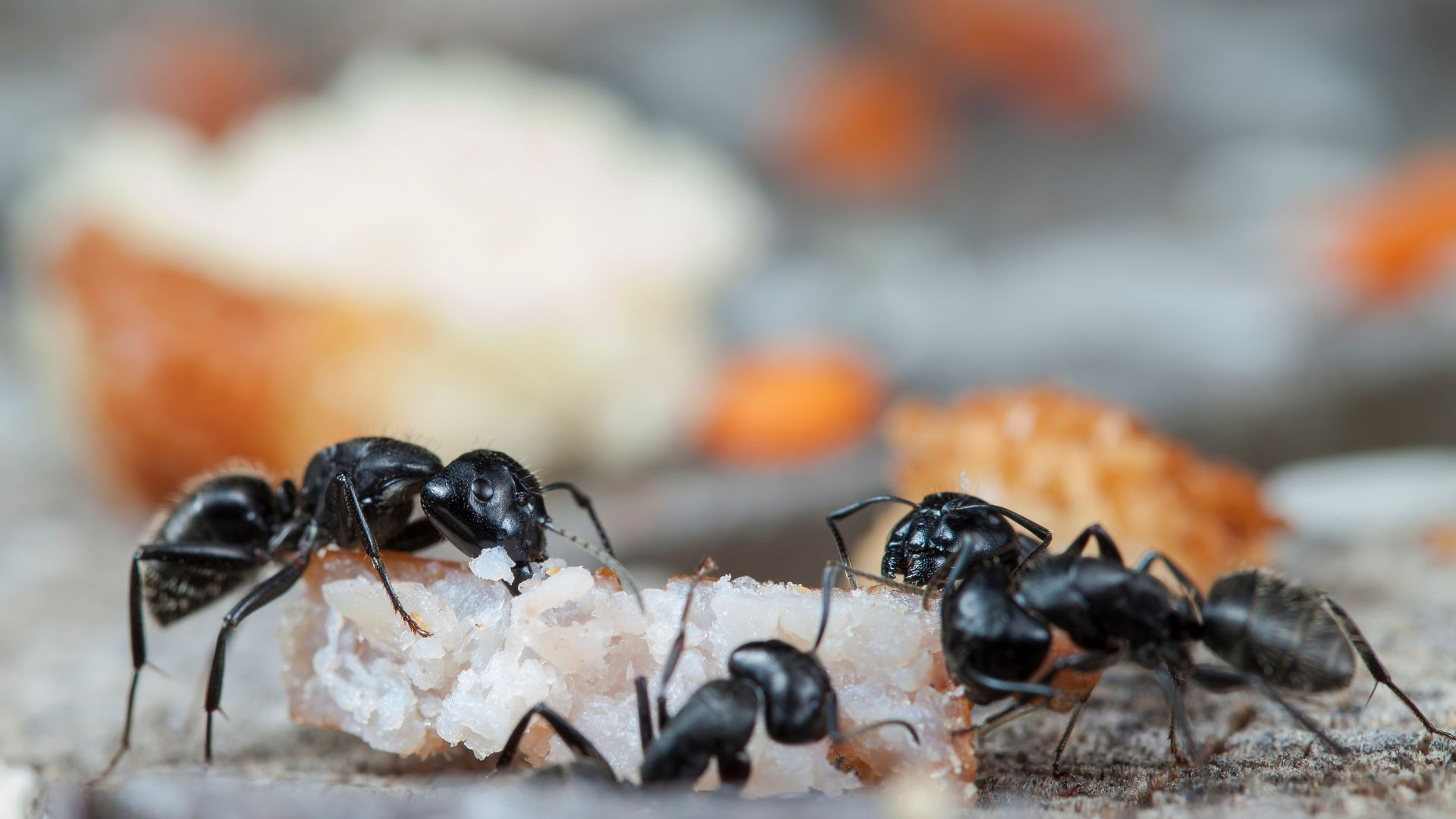Budget Friendly Ant Control Solutions: Maintain Your Room Ant-Free
Budget Friendly Ant Control Solutions: Maintain Your Room Ant-Free
Blog Article
Environmental Impact of Parasite Control: Balancing Effectiveness With Sustainability
The ecological influence of pest control is an essential issue that requires a delicate balance in between accomplishing performance in taking care of bugs and ensuring sustainability of our communities. From the use of damaging chemicals that permeate right into our dirt and water to the unintended repercussions on non-target types, the effects of conventional insect control techniques are far-reaching.
Damaging Chemicals in Pest Control
The application of hazardous chemicals in parasite control presents considerable environmental and wellness risks that require careful factor to consider and mitigation methods. Herbicides, chemicals, and pesticides are commonly utilized to remove parasites, but their prevalent application can result in unplanned repercussions. These chemicals can contaminate soil, water resources, and the air, impacting not only the targeted bugs but likewise beneficial pests, wild animals, and human beings.

To address these risks, integrated insect administration (IPM) methods are being advertised as an extra lasting option. IPM involves a combination of methods such as biological control, habitat manipulation, and the targeted usage of chemicals as a last option (ant control pineville nc). By embracing an all natural strategy to pest control, we can minimize the environmental and wellness influences linked with dangerous chemicals while efficiently managing pest populations
Impact on Non-Target Variety
Considering the unintended consequences of parasite control approaches, the influence on non-target species is a vital facet that requires extensive assessment. While parasite control procedures aim to target details bugs, other organisms in the environment may be accidentally influenced. Non-target varieties, including helpful insects, birds, mammals, and also plants, can endure indirect or straight injury from pesticide applications or biological control approaches.
Insecticides made to deal with a particular bug parasite might damage pollinators like or natural predators such as ladybugs. Organic control representatives, if not species-specific, can present dangers to unplanned targets, disrupting the ecological balance.
To alleviate the influence on non-target species, incorporated insect management (IPM) methods that emphasize an all natural technique to pest control are recommended. These techniques focus on making use of ecologically pleasant methods, lessening harm to advantageous organisms while efficiently managing pest populations. Carrying out extensive risk analyses and keeping track of the outcomes of parasite control efforts are vital action in guarding non-target types and advertising general environment wellness.
Dirt and Water Contamination
Unplanned environmental consequences of pest control methods prolong past affecting non-target species, with substantial effects for soil and water contamination - termite control. Chemicals, herbicides, and chemical fertilizers made use of in bug control can leach into the dirt and contaminate groundwater, positioning a threat to both earthbound and marine environments.
Water contamination is an additional crucial problem linked with bug control methods. To mitigate soil and water contamination from parasite control tasks, incorporated bug administration methods that prioritize sustainability and minimize chemical inputs are important.
Air Contamination From Chemical Use
Exposure to airborne chemicals during agricultural applications presents a considerable problem for air pollution control procedures. Additionally, pesticide drift, where chemicals are carried by the wind to unplanned areas, can lead to the contamination of close-by environments and water bodies.

Approaches for Sustainable Insect Control
In the world of farming techniques, implementing sustainable insect control methods is extremely important for maintaining environmental balance and securing plant returns. Lasting insect control highlights using eco-friendly methods to take care of bug populations successfully over here while decreasing injury to non-target microorganisms and ecological communities. Integrated Pest Management (IPM) is a widely taken on technique that integrates biological, social, physical, and chemical control techniques to accomplish long-lasting parasite management solutions.
One trick strategy in lasting insect control is promoting biodiversity within agroecosystems. By improving natural adversaries of pests, such as parasitoids and predators, farmers can reduce the demand for artificial pesticides. Crop turning and diversification are likewise reliable strategies to interfere with pest life process and produce less desirable conditions for bugs to flourish. In addition, making use of pest-resistant plant ranges and employing techniques like trap chopping can help in reducing insect stress without depending heavily on chemical treatments. Ultimately, by incorporating these sustainable pest control strategies, farmers can attain a balance in between pest administration efficiency and environmental stewardship.
Final Thought
Finally, the ecological impact of bug control methods must be thoroughly taken into consideration to balance performance with sustainability. Damaging chemicals made use of in pest control can cause dirt and water contamination, air pollution, and harm non-target types - termite control. It is crucial to apply sustainable bug control strategies to minimize these adverse results on the environment and promote a much healthier ecological community for future generations
By adopting a holistic technique to pest control, we can lessen the ecological and health impacts connected with unsafe chemicals while effectively handling pest populaces.

To alleviate the air pollution triggered by chemical use, it is essential to embrace integrated insect monitoring techniques that focus on the use of non-chemical parasite control techniques, such as plant rotation, natural killers, and resistant crop varieties. Sustainable pest control highlights the usage of ecologically pleasant methods to take care of pest populations properly while lessening harm to non-target organisms and ecosystems. Integrated Bug Monitoring (IPM) is a commonly taken on approach that integrates organic, social, physical, and chemical control techniques to attain long-term pest administration remedies.
Report this page